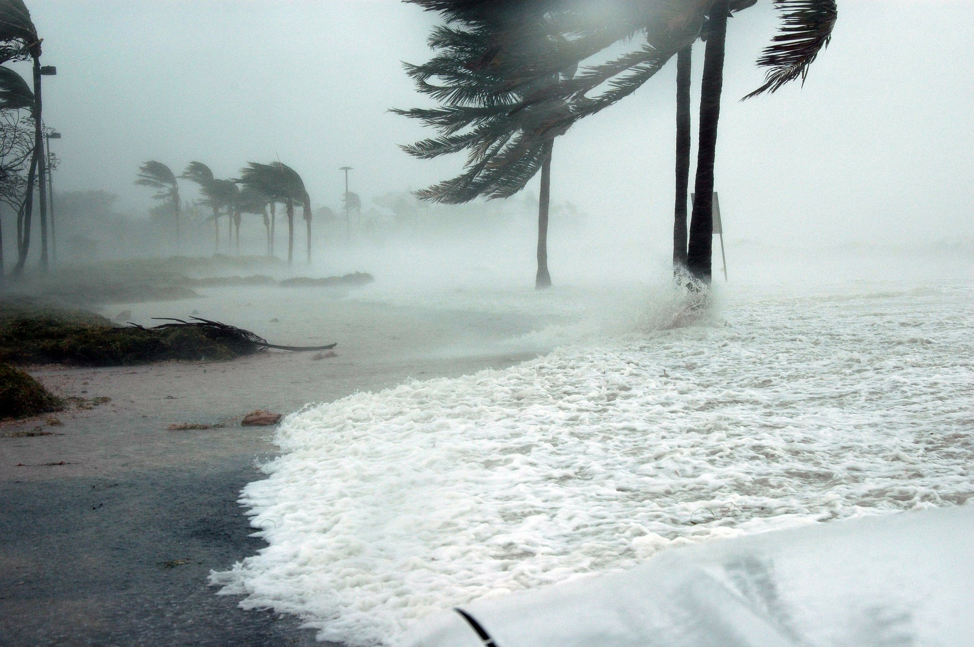blog, Disaster Preparedness, Hurricane, NEPTA NEWS
PREPARING FOR HURRICANE SEASON ONE STEP AT A TIME
PREPARING ONE STEP AT A TIME
In the face of unpredictable weather patterns, it is essential to be prepared for hurricane season. As experts in the field, we understand the significance of having a comprehensive plan in place to safeguard yourself, your loved ones, and your property. By taking the necessary precautions and implementing a step-by-step approach, you can ensure the safety and well-being of everyone involved. In this article, we will guide you through the essential steps to prepare for hurricane season, empowering you to take control and mitigate potential risks.
- Stay Informed with Reliable Sources
Knowledge is power when it comes to preparing for a hurricane. Stay informed about the latest weather updates, forecasts, and emergency notifications. Rely on trusted sources such as the National Hurricane Center, local news stations, and official government websites. These sources will provide you with accurate and timely information to make informed decisions and take necessary actions.
- Develop an Emergency Plan
Creating a comprehensive emergency plan is crucial to ensure everyone in your household knows what to do in the event of a hurricane. Start by designating a meeting point and establishing communication channels. Determine evacuation routes and make sure all family members are aware of them. Assign responsibilities to each person, such as gathering essential supplies, securing the property, or caring for pets. Regularly review and practice your plan to ensure its effectiveness.
- Build an Emergency Kit
Having a well-stocked emergency kit is essential in hurricane-prone areas. Gather supplies that can sustain you and your family for at least 72 hours. Include non-perishable food items, bottled water, medications, first aid supplies, flashlights, batteries, a battery-powered radio, cash, important documents, and a toolkit. Don’t forget to consider the specific needs of family members, including infants, elderly individuals, or individuals with medical conditions.
- Secure Your Property
Protecting your property from potential hurricane damage should be a top priority. Conduct a thorough inspection to identify weak spots and areas that need reinforcement. Trim trees and shrubs, securing any loose branches that could become projectiles in strong winds. Reinforce doors and windows with storm shutters or plywood. Secure outdoor furniture, equipment, and any other objects that could be carried away by strong winds.
- Review Your Insurance Coverage
Reviewing your insurance coverage is crucial to ensure you have adequate protection in the event of a hurricane. Understand your policy limits, deductibles, and exclusions. Consider adding flood insurance if you reside in a flood-prone area, as most standard homeowner’s insurance policies do not cover flood damage. Keep important insurance documents in a waterproof and easily accessible container.
- Safeguard Important Documents
Gather and protect important documents, such as identification papers, passports, insurance policies, property deeds, and medical records. Store them in a secure and waterproof container or consider making digital copies and storing them in a password-protected cloud storage service. This will help you quickly recover essential documents after the storm.
- Evacuation Planning
In certain situations, evacuating to a safer location may be necessary. Stay alert to official evacuation orders and follow the designated routes promptly. Prepare an evacuation kit that includes essential items such as clothing, personal hygiene products, and comfort items for each family member. Have a plan in place for your pets as well, ensuring their safety and well-being during the evacuation process.
- Stay Connected
Maintaining communication during a hurricane can be challenging, but it is crucial to stay connected with loved ones and receive updates. Ensure you have a reliable means of communication, such as a fully charged mobile phone or a battery-powered radio. Keep emergency contact numbers readily available. Consider using text messages instead of calls, as they require less bandwidth and are more likely to go through during network congestion
Recommendation: Just do it 🙂
#neptanow #hurricane #hurricaneseason #hurricanepreparedness #beready #preparedness #disasterrecovery #nepta

